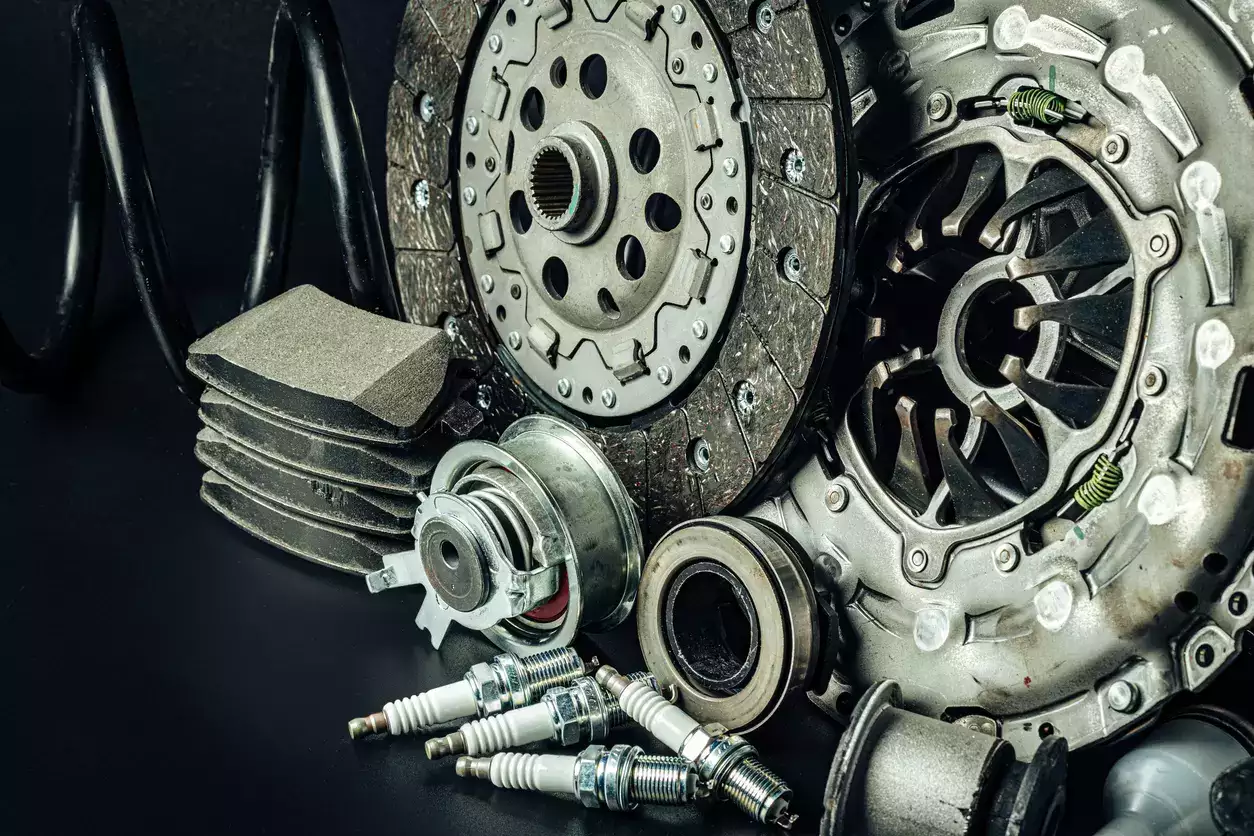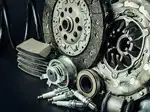Union Budget 2025: ACMA applauds pro-manufacturing, clean mobility and MSME boost

Boosting auto component sector
ACMA welcomed the budget's focus on Micro, Small, and Medium Enterprises (MSMEs). The enhanced credit guarantees and revised classification criteria will benefit the auto component sector. The increased credit guarantee cover, from INR 5 crore to INR 10 crore, for micro and small enterprises is expected to encourage investment in technology and research and development. These investments are considered crucial for global competitiveness.
The National Manufacturing Mission and the emphasis on Clean Tech Manufacturing will boost the industry’s localisation efforts. This focus includes electric vehicle (EV) batteries, motors, controllers, and high-voltage transmission equipment. ACMA supports the government's initiatives to develop a strong EV supply chain and promote sustainable mobility solutions.
Surging boost through Union Budget 2025
The introduction of BharatTradeNet and the Export Promotion Mission will integrate India’s auto component sector into global supply chains. ACMA supports the government’s focus on helping MSMEs overcome non-tariff trade barriers. Facilitating access to export credit is also seen as a positive step for enhancing global competitiveness.
The rationalisation of customs duties on key raw materials and the reduction of inverted duty structures will improve the cost-effectiveness of domestic manufacturing. The duty exemption on capital goods for EV battery manufacturing supports India’s transition to electric mobility.
“The Union Budget 2025-26 is forward-looking and growth-centric, reinforcing the government’s commitment to strengthening India’s manufacturing sector and driving the transition to cleaner mobility solutions. The focus on MSMEs, innovation, exports and supply chain resilience will provide a strong impetus to the auto component industry. Further, the proposals for personal Income Tax will put more money in the hands of people thus fuelling consumption leading to economic growth,” said Shradha Suri Marwah, President of ACMA, regarding the budget.
The budget’s focus on MSMEs is a significant move. MSMEs are considered a key driver of economic growth. The enhanced credit guarantees and the increased credit guarantee cover from INR 5 crore to INR 10 crore are expected to encourage investments.
A step towards Atmanirbhar Bharat
The budget emphasises the National Manufacturing Mission. This emphasis, combined with the focus on Clean Tech Manufacturing for EV components, is designed to boost localisation. The components include batteries, motors, controllers, and high-voltage transmission equipment. This supports the development of a robust EV supply chain.
BharatTradeNet and the Export Promotion Mission are initiatives aimed at global supply chain integration. The support for MSMEs in overcoming non-tariff trade barriers and accessing export credit further enhances this integration.
Customs duty rationalisation on essential raw materials and reduction of inverted duty structures are expected to make domestic manufacturing more competitive. The duty exemption on capital goods specifically for EV battery manufacturing further strengthens the move towards electric mobility. These measures are part of the broader taxation reforms. The proposals for personal Income Tax changes are anticipated to stimulate consumption and contribute to overall economic growth.

